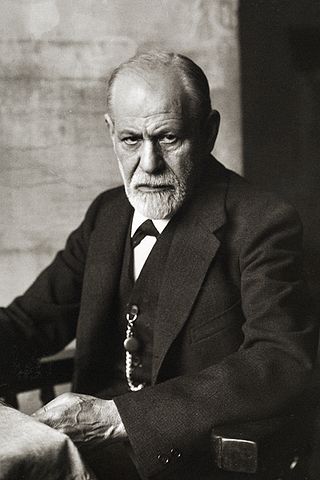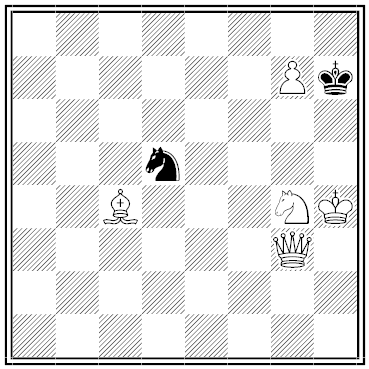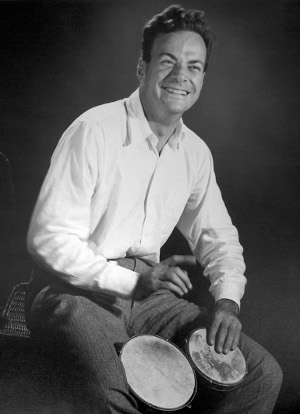In 1923 the Acme Code Company published a list of “phrase codes” for use in telegrams — customers could save money by substituting a five-letter code for a longer phrase in their messages. The list of codes was charmingly comprehensive:
BIINC What appliances have you for lifting heavy machinery?
URPXO For what use was the mixing machine intended?
CHOOG lard, in bladders
GAHGU cod-liver oil
GNUEK rubber, slightly moldy
HEHST clammy condition
ZOKIX unhealthy trees
ARPUK The person is an adventurer …
BUKSI Avoid arrest if possible
NARVO Do not part with the documents
OBYNX Escape at once
CULKE Bad as possibly can be
LYADI Arrived here with decks swept … encountered a hurricane
PYTUO Collided with an iceberg
YBDIG Plundered by natives
Similarly, George Holland Ackers’ Universal Yacht Signals (1847) includes signals for “Can I have … quarts of turtle soup?”, “Marmalade — orange unless specified,” and “I can strongly recommend my washerwoman.”
In Film Facts (2001), Patrick Robertson notes that Central Casting installed a Hollerith computer in 1935 to help with the casting of extras in Hollywood films. This meant subdividing humanity into tidy categories — lawyers, for instance, were classed as Shrewd, Dixie, Hawk-faced, Inquisitor and Benevolent. “When the new system was unveiled before the press, the operator was asked to produce ten Englishmen, 6ft tall, blue-eyed, possessed of full evening dress, and able to play polo. The cards of all 600 male dress extras were run through the machine to reveal that there were only two such paragons on the books of Central Casting.”
See Enjoy Your Stay.





